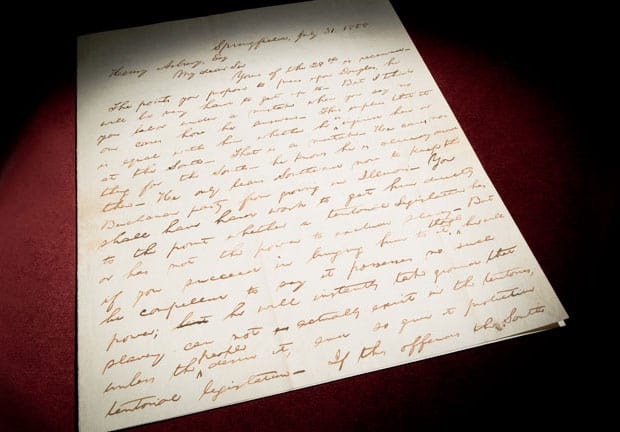Letter of Wishes

Give Your Trustee Guidance with a Letter of Wishes
Do you have lingering anxiety over how your trust will be carried out? Do you wish you could provide your trustee with a little more guidance on the details of distributions? Maybe you’re among the many who, in a rush beat the dramatic cut in the gift- and estate-tax exemption in 2013, set up a cookie-cutter trust that could be executed quickly but didn’t fully reflect your specific wishes. Well, it’s not too late to make your intentions known. A letter of wishes is a way to guide your trustee’s decisions with a bit more detail on just what you had in mind yourself.
Whether you set up a revocable or irrevocable trust, you can send your trustee a letter with the necessary information to support your wishes. You may even send a certified letter online with ease and efficiency and avoid the need for mailing through traditional channels. Furthermore, a letter of wish can be altered at any time without having to initiate costly amendments or changes to an existing trust agreement. It is essentially a personal account of what the settlor desires for their beneficiaries and heirs.
What is a Letter of Wishes?
A letter of wishes is a non-binding document designed to share personal thoughts and perspectives with your trustee that is attached to your personal will. Letters of wishes include personal information about you, your beneficiaries, and your specific concerns or desires regarding those beneficiaries. These documents are intended to give your trustee some insight into your opinions and intentions when it comes time for him or her to exercise discretion, particularly with distributions. If your trust includes an allocation to pay for your grandson’s education, for example, a letter of wishes can let your trustee know just how much education you intended to pay for.
Why Write a Letter of Wishes?
A typical trust will instruct the trustee to consider making distributions for “health, education, maintenance and support.” This is enough clarity for tax purposes, but it doesn’t give the trustee any insight as to what types of distributions you want your beneficiaries to receive. What’s more, many trusts give the trustee broad discretion with regard to distributions, using language like “sole” or “absolute,” which puts pressure on a trustee to figure out if you would have wanted distributions. Among the biggest benefits of letters of wishes is that they are easy to change on your own without having to pay someone to update your trust. They allow you to delay specific decisions when setting up your trust, decisions you may not be ready to make at the moment.
Are There any Drawbacks to a Letter of Wishes?
The biggest drawback when it comes to letters of wishes is that they are not legally binding documents. As such, there is little if any law regarding the effect of a letter of wishes on a trustee’s discretion. This brings up a handful of concerns:
- If the trustee is named to receive the items, he or she is under no legal obligation to distribute them in accordance with the letter.
- The person named to receive the items could pass away first or not have the required capacity to carry out the wishes.
- The letter of wishes could be separated from the trust, or lost.
Even with these concerns taken into account, however, any glimpse into your opinions and intentions regarding your trust will be helpful to your trustee. Just remember that a letter of wishes doesn’t carry the same legal weight as a trust itself. The parameters shouldn’t be too precise, as trustees need some leeway to adapt to changing circumstances. Keeping this in mind will make the trustee’s job much easier, particularly if the trust is intended to last over for many years, or even generations.
By Chris Cooper, CFP®











Leave a Reply